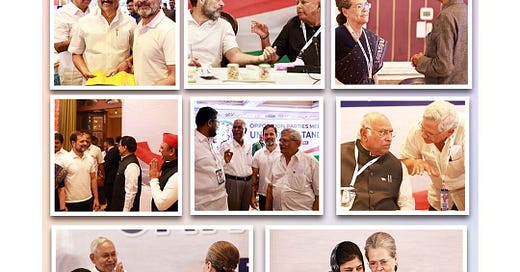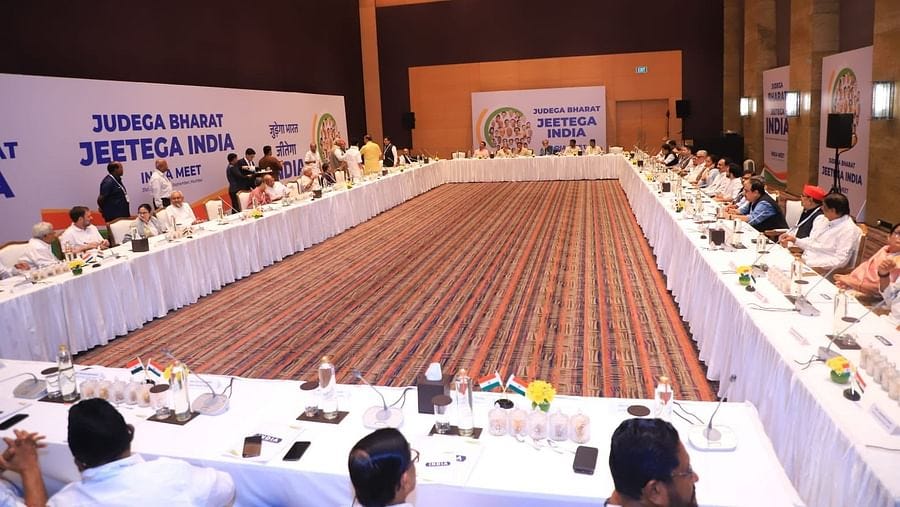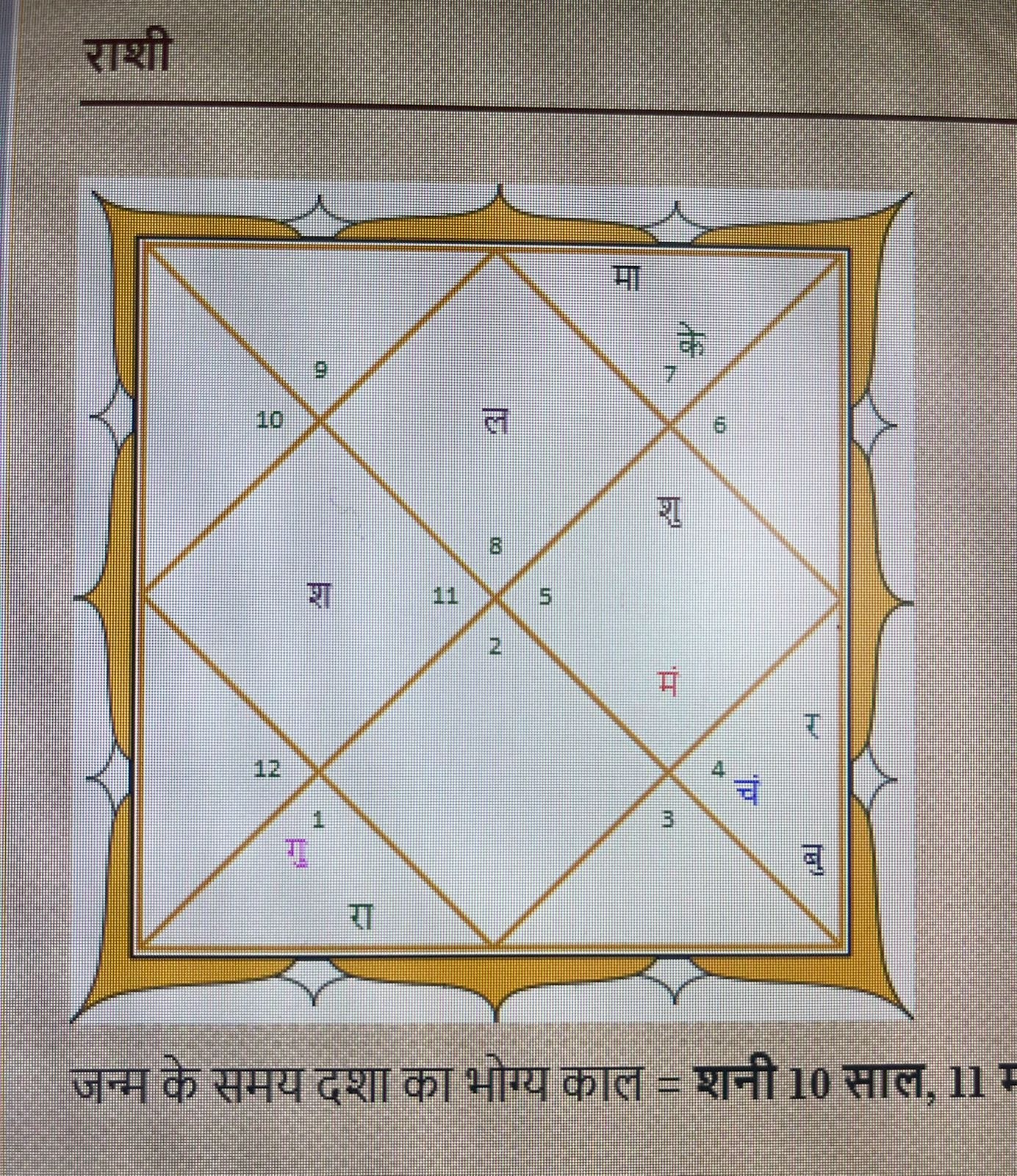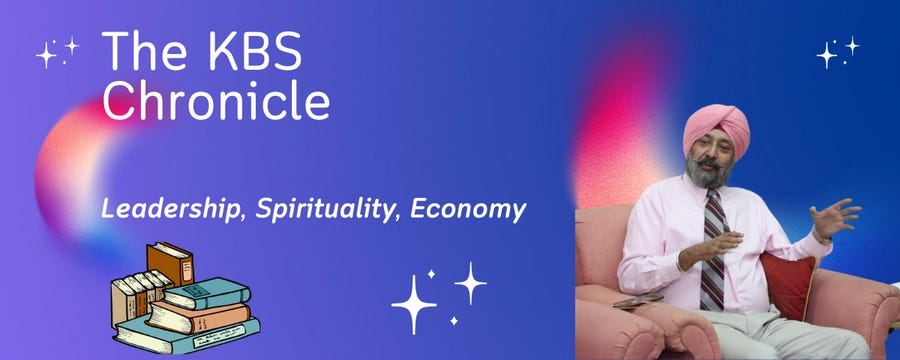"Octopussy" that Stifled the I.N.D.I. Alliance
Congress cannot but take a bulk of the blame. Nitisih Kumar's exit is a symptom, not the disease.
Introduction
The I.N.D.I. (Indian National Democratic Integration) Alliance, once envisioned as a torchbearer of opposition unity and a robust counter to the BJP's dominance, is currently grappling with an existential predicament. Its trajectory of decline closely resembles being trapped by a metaphorical 'Octopussy' – a creature of complexity with various tentacles that have constricted its growth and left it struggling for air. The unexpected departure of Nitish Kumar, the Bihar Chief Minister and JDU Supremo, and aligning with the ruling BJP, might well be the final blow to this beleaguered alliance. However, while this event may represent the tipping point, it's crucial to acknowledge the multitude of factors that contributed to this dramatic downhill journey.
This analysis rudimentary delves into the multifaceted reasons— in a succinct bullet format— behind the Alliance's faltering momentum.
The Eight Tentacles of Strife
1. Congress's Sense of Entitlement: A fundamental principle in any coalition is the equitable, if not equal, treatment of all partners, irrespective of their relative electoral strengths. This principle encountered significant challenges in the alliance involving the Congress Party. The constituent parties, over time, perceived a lack of respect and dignity from the Congress, the leading partner in the coalition. This issue was particularly pronounced in Delhi and Punjab. Here, despite the Aam Aadmi Party (AAP) having a stronger foothold than the Congress, it was not offered an equitable deal. This resulted in a strong probability of both parties eventually contesting against each other in these crucial states. Such a situation not only strained their relationship but also impacted the stability and effectiveness of the alliance as a whole, highlighting the complexities and the need for mutual respect in coalition politics.
2. Erosion of Coalition Dharma: A vital principle in any coalition is the equitable, if not equal, treatment of all partners, irrespective of their electoral strength. The alliance faltered here, with the constituent parties feeling a lack of respect and dignity from the lead partner, the Congress Party, leading to their gradual withdrawal.
3. Misjudging Mamata Banerjee: Congress's underestimation of Mamata Banerjee and her Trinamool Congress, particularly after her significant victories in West Bengal, was a critical error. When not given due respect or representation, Banerjee distanced herself, weakening the alliance further.
4. Misplaced Focus of Bharat Jodo Yatra: The timing and trajectory of Rahul Gandhi's Bharat Jodo Yatra, particularly its lack of focus on crucial regions like Uttar Pradesh, reflected a strategic miscalculation, missing an opportunity to consolidate support in a key electoral battleground.
5. Ignoring Religious Sentiments: The Congress Party's handling of the Ram Mandir invite, perceived as indifference or disrespect by many devout Hindus, caused significant discontent. This was especially evident in Punjab, where even local Congress leaders felt compelled to demonstrate their religious participation.
6. Overemphasis on Rahul Gandhi: The disproportionate focus on Rahul Gandhi, despite Mr. Kharge's efforts as Congress President, reinforced the perception of Gandhi's overriding influence. This overshadowed other leaders and initiatives within the alliance.
7. Regional Caution: Key regional players like the Chief Ministers of Odisha, Telangana (former), and Andhra Pradesh remained non-committal, leaning towards the BJP as it gained momentum. This hesitation further eroded the alliance's strength.
8. Inefficient Decision-Making: The Congress Party's slow decision-making process, especially in coalition management, impeded the alliance's effectiveness. The Bharat Jodo Yatra further distracted from crucial alliance-building efforts.
Summing Up
The I.N.D.I. Alliance, trapped in the grips of this metaphorical 'Octopussy', faces a critical juncture. To revive its fortunes, the I.N.D.I. Alliance must address these underlying issues, ranging from leadership to strategic focus. As India approaches crucial 2024 Lok Sabha elections, the alliance's ability to reform and unite will be pivotal for its survival and thence revival. Only through introspection, adaptation, and a renewed commitment to collective goals can the I.N.D.I. Alliance hope to re-emerge as a significant force in Indian politics. We had highlighted these issues in our earlier article, published in July 2023, where we examined the notional birth-chart or horoscope of the nascent alliance, particularly focusing on the placement of the 'sun' in relation to the possibility of loss in relations to its leaders and leadership. The accuracy of our amateur astrological analysis is now open for our readers to evaluate, by perusing or re-reading the same.
The Grand Old Party must move fast, otherwise as the BJP leaders paint the “Lotus” symbol in the walls across the country, the writing may well be on the wall— metaphorically speaking— for the Congress Party.








Rahul gandhi and sukhbir badal are two main hurdles in forging unity amongst the India alliance and shromni akali dal.
Public perception has emerged that they are biggest liabilities in their own parties.
Problem is that their psychofants dont let them introspect.
National interest is a mere slogan, personal power is the ultimate goal.
Your write up is balanced and rational one sir 🙏🙏